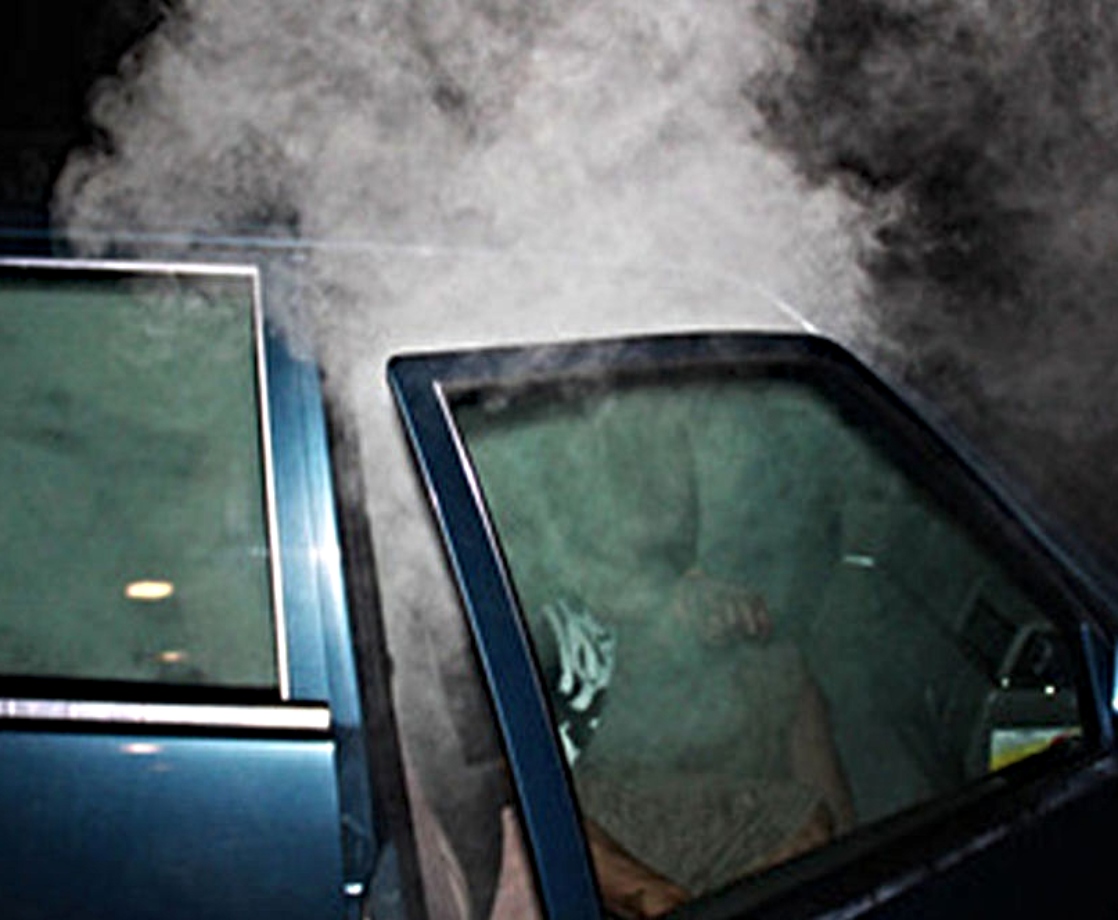A New York City judge called out city police for deliberately lying about the smell of marijuana in order to justify vehicle searches that otherwise would be illegal.
Currently, if New York police can detect the smell of marijuana smoke inside of a vehicle, they are authorized to search the vehicle or its occupants without requiring a search warrant. This form of probable cause doesn’t require concrete evidence, however, and relies solely on the testimony of the police officers themselves.
In countless criminal trials, defendants and attorneys have accused police of fabricating stories about smelling marijuana smoke in order to justify a search without any real probable cause. In most of these cases, judges side with the cops. Last July, however, April Newbauer, the Acting New York State Supreme Court Judge, wrote a scathing opinion calling upon all New York judges to stop accepting this excuse.
“The time has come to reject the canard of marijuana emanating from nearly every vehicle subject to a traffic stop,” Newbauer wrote in her ruling, the New York Times reports. “So ubiquitous has police testimony about odors from cars become that it should be subject to a heightened level of scrutiny if it is to supply the grounds for a search.”
The ruling came in response to a 2017 case involving a man whose car was stopped by police in the Bronx. Plainclothes officer Daniel Nunez testified that he smelled a “strong odor of burning marijuana” emanating from the vehicle and then noticed three small bags of weed on the center console of the car. Upon searching the car, Nunez discovered an unlicensed firearm in the trunk and arrested the driver.
Judge Newbauer did not believe that the officer’s recounting of the case was entirely honest. Not only did she discount the cop’s claim that he smelled weed in the car, she also believed that cops planted the three bags of weed in plain sight in order to provide false justification for the search. One of the defendants in the case testified that police actually discovered the baggies inside the pocket of one of the car’s passengers.
Police argue that Nunez’s testimony was indeed honest, but other officers have cast doubt on the veracity of these kinds of claims. “Certain cops will say there is odor of marijuana, and when I get to the scene, I immediately don’t smell anything,” Bronx police officer Pedro Serrano told the Times last year. “I can’t tell you what you smelled, but it’s obvious to me there is no smell of marijuana.” An anonymous detective also told reporters that he believed many plainclothes officers lied about smelling weed in order to justify searches.
Gaynor Cunningham, a Legal Aid lawyer who represented one of the defendants in the case, told the Times that the ruling “recognizes an all-too-common practice of dishonesty that police officers employ to circumvent the law to manufacture a ‘legal search.’” Former NYC Judge Barry Kamins also applauded Newbauer’s ruling, calling her “the first judge to really express an opinion about this type of scenario.”
Although Judge Newbauer may be one of the first New York judges to rule on this matter, a growing number of judges across the country are now ruling that the smell of cannabis on its own is no longer acceptable probable cause for a traffic stop or search.
Last month, the Massachusetts Supreme Judicial Court ruled that weed odor does not constitute probable cause for a search, and in Pennsylvania, a judge handed down a similar verdict. In July, Florida’s largest police force instructed its officers that pot odor alone was not enough to justify a search, and New Jersey is now retraining its drug-sniffing dogs not to alert on the scent of weed.











